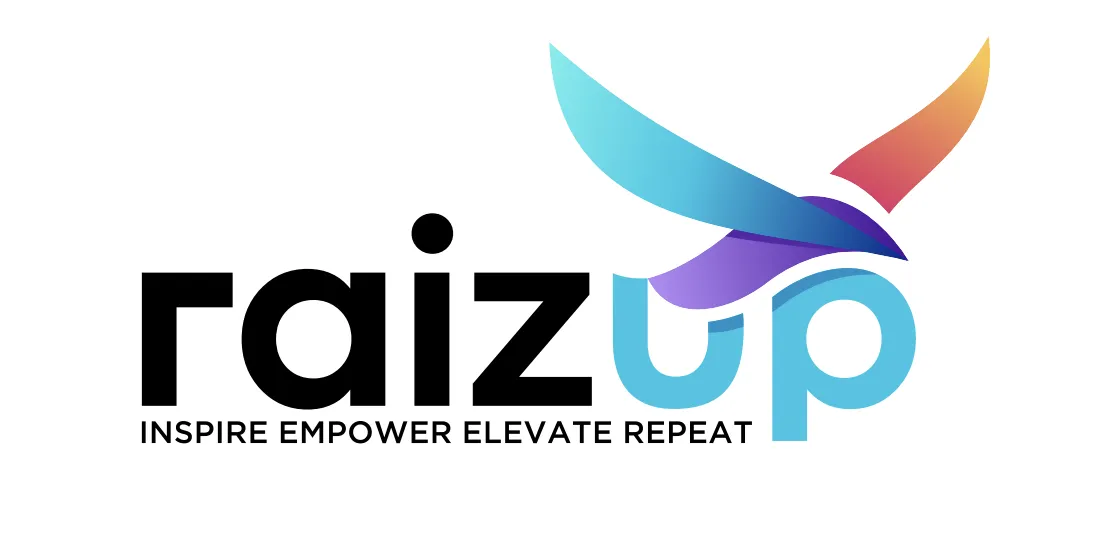RaizUp
Safe Space Policy
What is a safer space?
A safer space is a supportive, non-threatening environment where all participants can feel comfortable expressing themselves and share experiences without fear of discrimination or reprisal.
We use the word safer to acknowledge that safety is relative: not everyone feels safe under the same conditions. By acknowledging the experiences of each person in the room, we hope to create as safe an environment as possible.
Creating a safer space is especially important when dealing with mental health issues, which can be a sensitive area for people and involve deeply personal or traumatic experiences.
Why do we need guidelines?
In an ideal world, all spaces would be safer spaces, and all people would consider others and protect each other’s sense of safety. But, despite our best intentions, sometimes we are either unaware of certain issues or have inconsiderate moments. Having clear guidelines encourages mindfulness about these possibilities. While slip-ups may occur, they keep us on the same page.
The guidelines
Adopt these guidelines as they are or adapt them to the needs of your group. Feel free
to ask participants whether they want to add anything to this list:
- Respect others’ physical and emotional boundaries.
- Respect others’ identities and backgrounds, including pronouns and names.
- Do not assume or make judgments on anyone’s gender identity, sexual preference, survivor status, health status, economic status, religion, background, beliefs, opinions, etc.
- Respect others’ right to privacy both during this dialogue and beyond. Do not push anyone to answer questions they don’t want to answer, and do not share anyone’s personal stories outside of this dialogue.
- Be aware that your actions and words may have unintended effects on other people and that their feelings are valid, regardless of your intentions.
- Avoid raising your voice, interrupting or talking over anyone else. And be aware of how much you’re participating — make sure everyone gets a chance to speak.
- Assume positive intent. If someone does or says something that crosses a boundary, gently let them know, but do not assume they intended harm.
- Remember, we are all learning.
- Take care of your own safety. If you need to step out, feel free to do so. If you feel unsafe, let the facilitator know.
- If you witness any abusive or inappropriate behaviour, let the facilitator know at [email protected]
